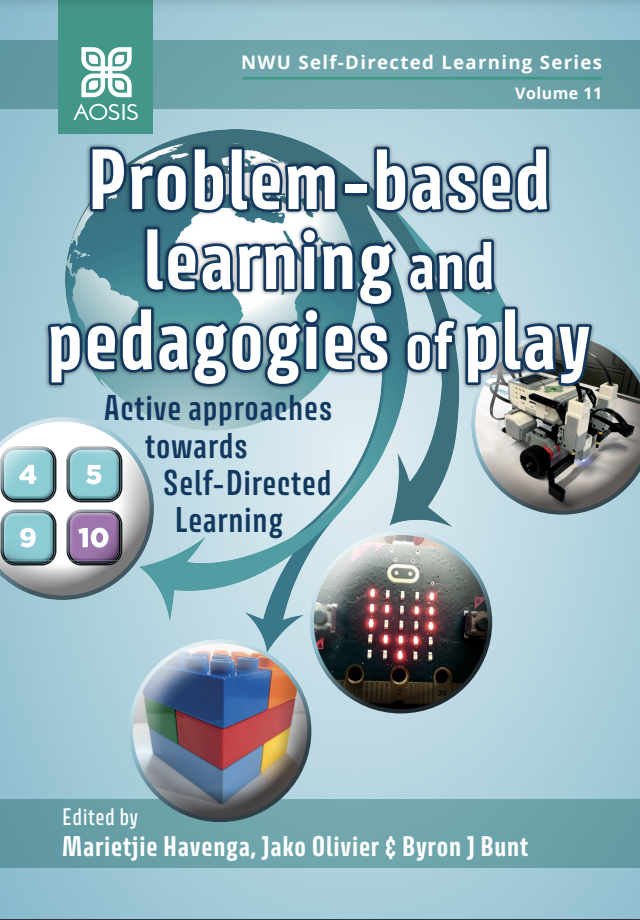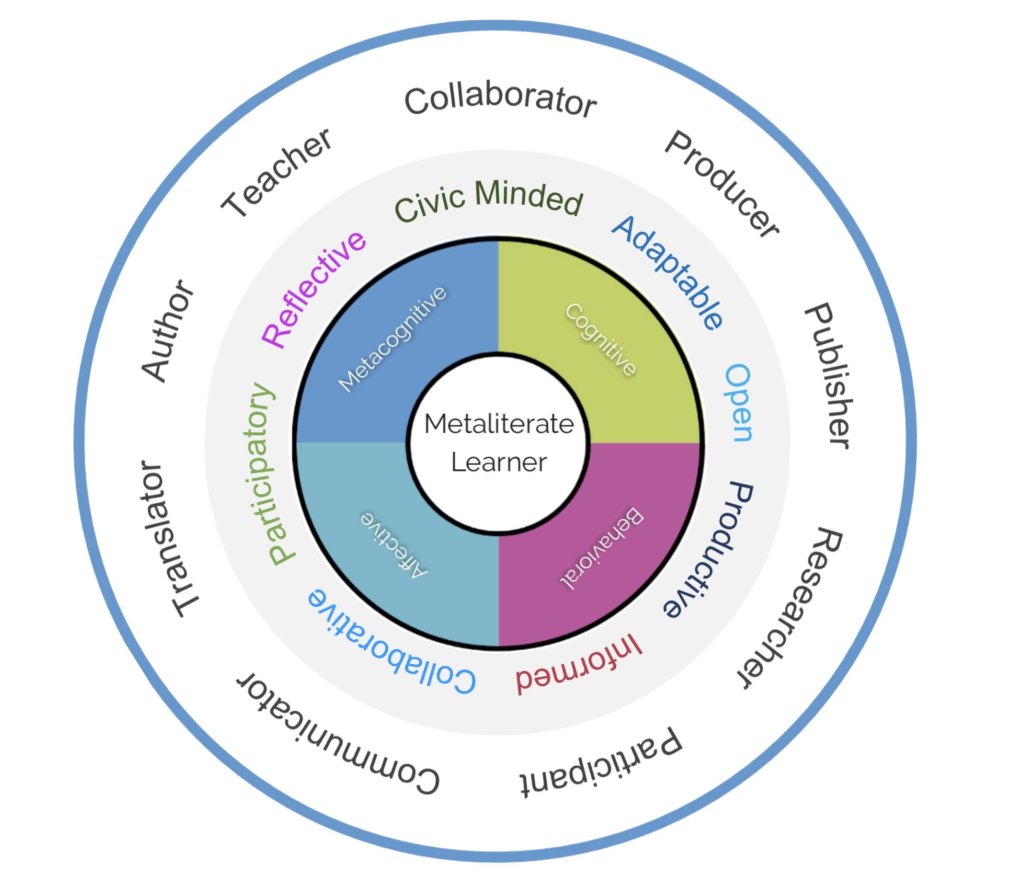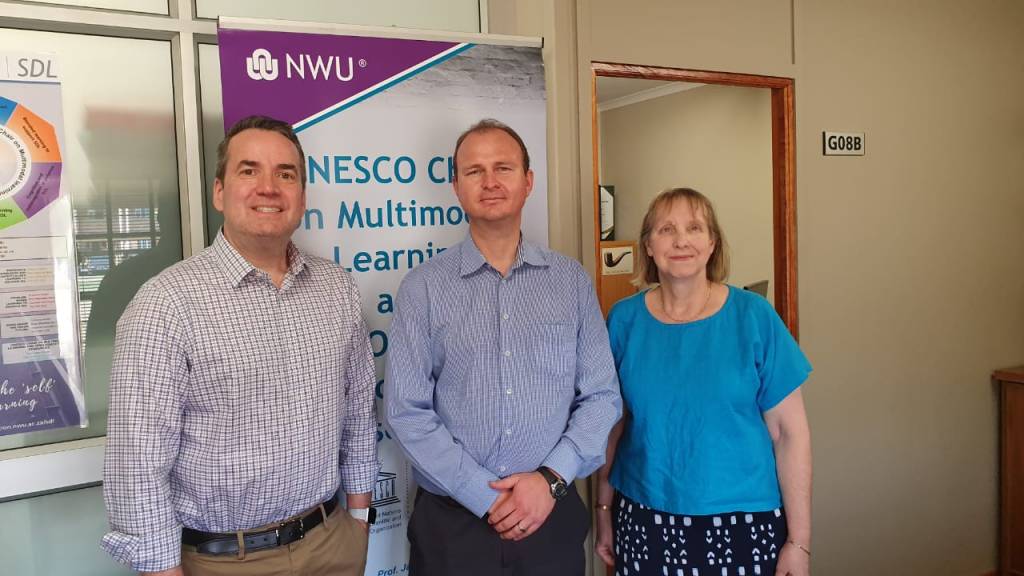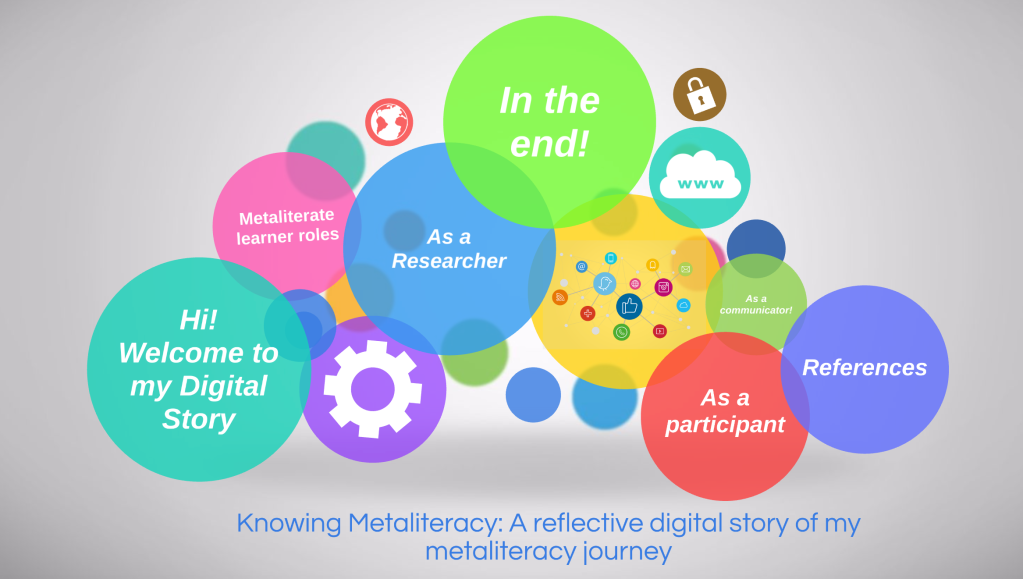The new book edited by Dr. Sheila Marie Aird and Dr. Thomas P. Mackey Teaching Digital Storytelling: Inspiring Voices Through Online Narratives has been published by Rowman & Littlefield. The editors worked with an exceptional team of authors from SUNY schools, Temple University, and universities in South Africa to share their narratives about teaching with digital storytelling through the lens of information literacy and metaliteracy. The new book features a Foreword written by futurist and digital storytelling pioneer Dr. Bryan Alexander. This is the newest book to be included in Trudi Jacobson’s Innovations in Information Literacy Series at Rowman & Littlefield.

This book project emerged from the collaborative teaching by the Drs. Aird and Mackey to design a fully online course in Digital Storytelling to unite Empire State University students studying in Prague, Czech Republic and the United States. This course fully integrates the metaliteracy framework and features learning objects available at the metaliteracy.org blog. The editors wrote the framing chapter about this case study Metaliteracy and Global Digital Storytelling: Building Shared Learning Communities.
As noted in the book overview and description:
This book presents the stories of educators who through digital storytelling inspire students from diverse communities to construct their empowering digital narratives. Educators from a wide range of disciplines present innovative case studies of teaching digital storytelling through the lens of personal narratives, metaliteracy, and information literacy. They describe how teaching students to tell their personal digital stories prepares them as learners who are reflective while playing active learner roles such as producer, publisher, and collaborator.
https://rowman.com/ISBN/9781538172919/Teaching-Digital-Storytelling-Inspiring-Voices-through-Online-Narratives
We invite you to explore this new book and tell us about your own digital storytelling adventures!
-Sheila and Tom





